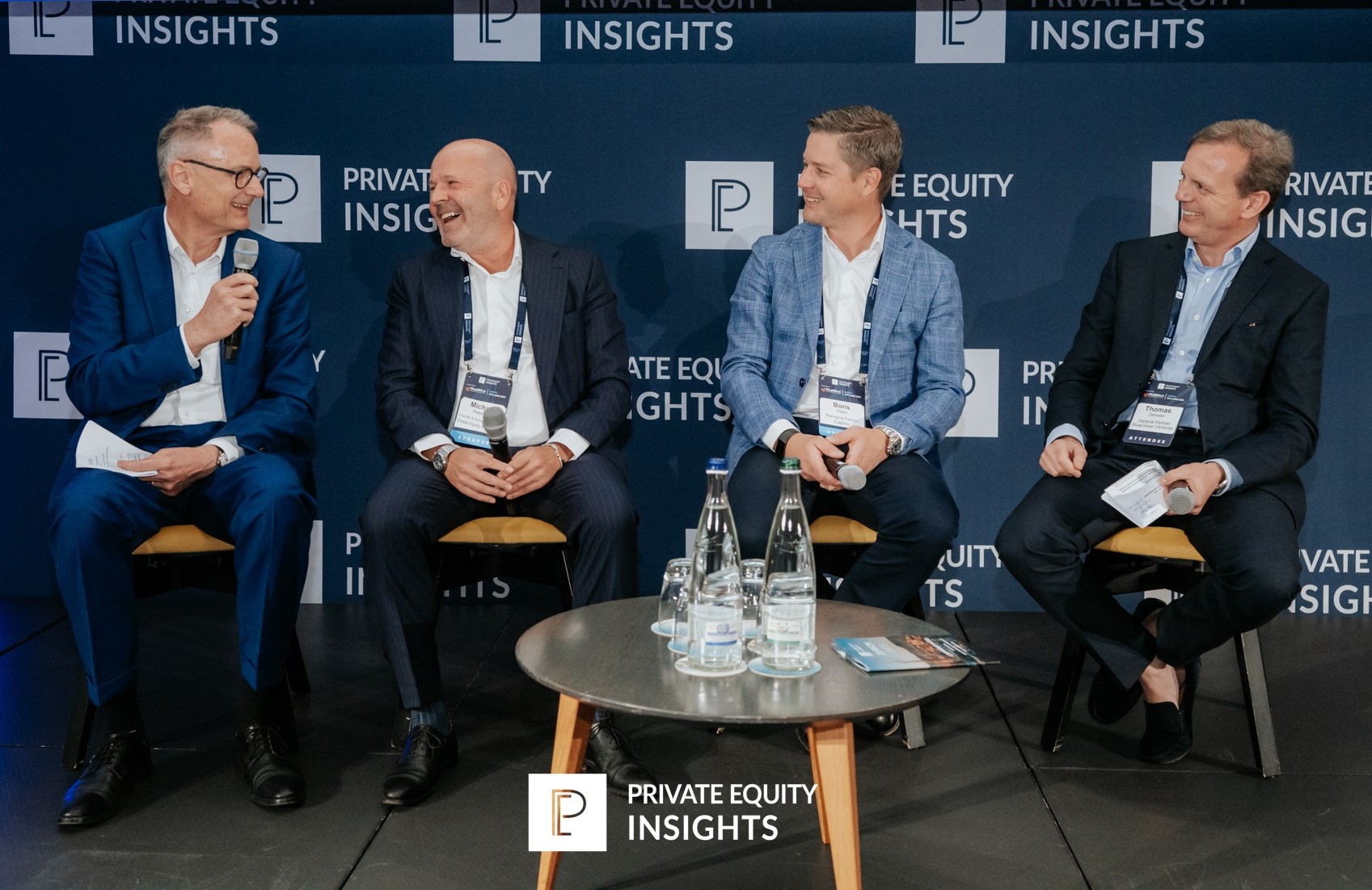
Ask any dealmaker what determined their best and worst deals and they will tell you: it was the management and organization’s ability to execute the value creation plan. Yet, despite this conventional wisdom, organizational due diligence is still a neglected art. Humatica’s survey of over 80 dealmakers showed that more than 97 per cent believe that organizational issues are the greatest source of deal risk, yet only five per cent regularly conduct organizational due diligence with a structured approach.
Clearly, the subjective nature of behaviour and culture, coupled with management’s asymmetric information advantage, often results in negative surprises post-deal. How can a firm get beyond management’s view to really understand the company’s capacity to execute a value creation plan?
Moreover, the problem is getting worse. With a growing global glut of over $700bn of dry power, intense deal competition is restricting access to understanding how a target company’s management and organization really work – a true dilemma. However, there is a way out. With a systematic organizational due diligence approach, information from various sources can be used to connect the dots on the culture and quality of management practices in a target company, and its ability to execute the value creation plan.
In addition to the management presentation, and even with most competitive deals, due diligence has many touch points with management including market, financial and legal, as well as expert sessions. If these are utilised to also collect information on management practices – decision making, communication and controlling processes – then an accurate picture of organizational effectiveness can be pieced together.
If, in addition, a qualified third party with deep leadership experience, like Humatica, is engaged to interview managers in the target organisation on the quality of leadership processes, a precise assessment of management practice maturity and organizational capacity can be made.
The results of organizational due diligence won’t block a deal. Provided the market and model are attractive, organizational issues are actually among the few that can be corrected post-deal – if you know. Organizational due diligence can provide un-biased, rigorous estimates of what time and effort are needed to close identified organizational gaps, and be integrated into the value creation plan up-front, enabling dealmakers to accelerate returns and avoid unpleasant justifications for delays.
More than ever, “buyer beware” is today’s dealmaker call-to-action and organizational due diligence is a remaining area of critical importance, differentiation and innovation. Sponsors who embrace the art and employ the science will deliver the returns.
This article originally appeared as the HumaticaCorner column in RealDeals magazine.

Resilience isn’t a buzzword anymore—it’s the make-or-break factor for portfolio companies navigating today’s volatility. That was the takeaway from the standout panel at the PE…
Read more
Rightsizing an organization is never easy. But, it is a normal process as firms adapt to changing market requirements. More recently, higher interest rates, AI…
Read more
The promise of AI and turbulence introduced by the Trump tariffs have renewed focus on rightsizing and efficiency improvement as levers for value creation and…
Read moreReceive our news and valuable perspectives on organizational effectiveness each month.